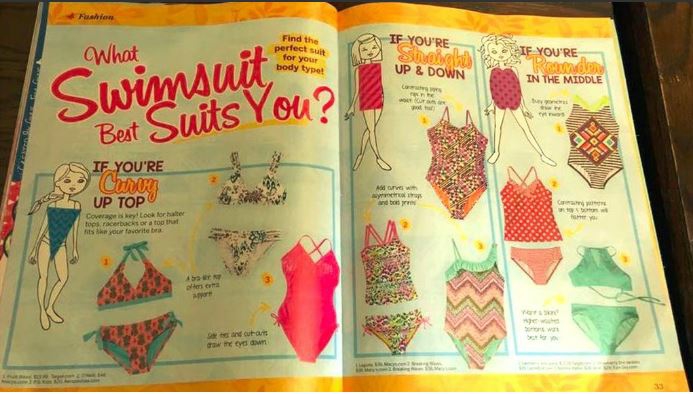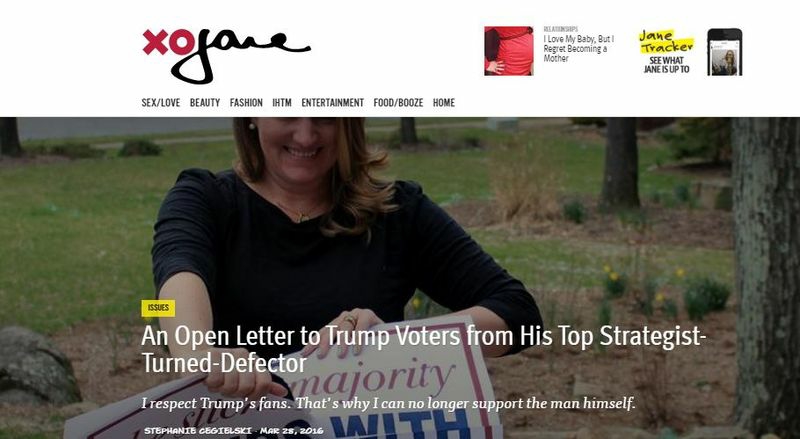 Emory students and administrators are debating whether chalkings on campus about Donald Trump are appropriate. In a letter to the school community, President James Wagner discussed both sides of the argument:
Emory students and administrators are debating whether chalkings on campus about Donald Trump are appropriate. In a letter to the school community, President James Wagner discussed both sides of the argument:
Dear Emory Community,
Yesterday I received a visit from 40 to 50 student protesters upset by the unexpected chalkings on campus sidewalks and some buildings yesterday morning, in this case referencing Donald Trump. The students shared with me their concern that these messages were meant to intimidate rather than merely to advocate for a particular candidate, having appeared outside of the context of a Georgia election or campus campaign activity. During our conversation, they voiced their genuine concern and pain in the face of this perceived intimidation.
After meeting with our students, I cannot dismiss their expression of feelings and concern as motivated only by political preference or over-sensitivity. Instead, the students with whom I spoke heard a message, not about political process or candidate choice, but instead about values regarding diversity and respect that clash with Emory's own.
As an academic community, we must value and encourage the expression of ideas, vigorous debate, speech, dissent, and protest. At the same time, our commitment to respect, civility, and inclusion calls us to provide a safe environment that inspires and supports courageous inquiry. It is important that we recognize, listen to, and honor the concerns of these students, as well as faculty and staff who may feel similarly. . . .
The letter goes on to identify actions the university will take, including clarifying policies and providing more opportunities for dialogue. The president also chalked a message of his own, shown here.
In related news, a Chronicle story reports the results of a Gallup survey about students' view of free speech on campus:
Nearly half of college students believe in curtailing the news media's access to campus events in certain scenarios, such as when protesters want to be left alone (48 percent), when they believe a reporter will be biased (49 percent), and when they want to tell the story themselves on social media (44 percent), a new Gallup survey has found.
At the same time,
While more than 75 percent of students believe colleges should expose students to all types of speech and viewpoints, a majority of students believe campus climates prevent people from saying what they believe out of fears of offending others.
Image source.
Discussion Starters:
- Describe both sides of the issue in this situation. Image you're a student on either side of the argument: defend your position.
- How well did President Wagner's letter address the controversy?
 Ikea has finally recalled dressers in China that could tip over if not properly anchored. In June, the company recalled 36 million dressers in the United States and Canada after reports that six children were killed. But Ikea skipped China because, according to a WeChat post, the dressers met local regulations.
Ikea has finally recalled dressers in China that could tip over if not properly anchored. In June, the company recalled 36 million dressers in the United States and Canada after reports that six children were killed. But Ikea skipped China because, according to a WeChat post, the dressers met local regulations.


















